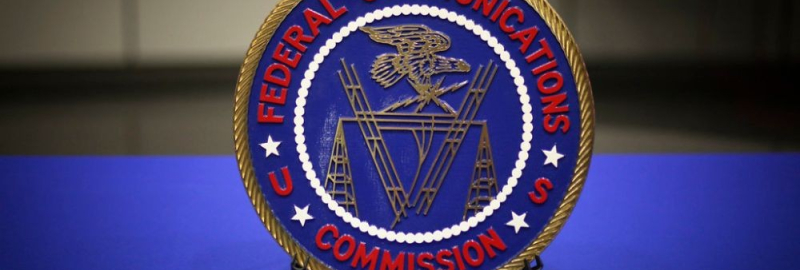
With robocalls continually interrupting our day, the new development where these nuisance calls use AI-generated voices of public figures is adding insult to injury. The Federal Communications Commission (FCC) is now proposing a hard-hitting approach to make voice cloning technology in robocalls a clear-cut case of illegal operation, thereby simplifying the process of prosecuting fraudulent schemes.
Robocalls in themselves aren't illegal; organizations often use them for legitimate informational purposes such as appointment reminders or public announcements. When laws are broken, that's when authorities step in. For instance, recent robocalls fraudulently used President Biden's cloned voice to discourage voting, which is a serious offense. This heinous act of voter suppression prompts questions about how such deceitful use of voice cloning could be explicitly outlawed, thus prompting the FCC's proposed action.
Clearly, defining AI-generated voices as "artificial" under the current Telephone Consumer Protection Act could thwart fraudsters' reliance on this sophisticated technology to carry out their schemes. While there are beneficial uses for voice cloning, like in businesses or for accessibility services, the rampant misuse of scams and deceit overshadows potential positives. The FCC's focus is on prioritizing the protection of consumers from these fraudulent means.
Incremental changes to laws are paramount as the landscape of technology evolves, which includes voice and messaging technologies. The FCC's proposal represents a step towards clarifying the legality of robocalls and updating regulations to keep pace with advancements. This proactive stance reflects an understanding that as technology becomes more capable, so too must the laws that govern its use for the safety of the public.
In conclusion, the FCC's decisive move to classify voice cloning in robocalls as illegal marks a significant leap toward protecting individuals from deceptive practices. The proposed rule wouldn't just safeguard the public; it would streamline the process for charging scammers, reinforcing the message that technology should not be an instrument of fraud. As we navigate the evolving legal and technological landscape, the message is clear: consumer well-being stands at the forefront of regulatory progress.


